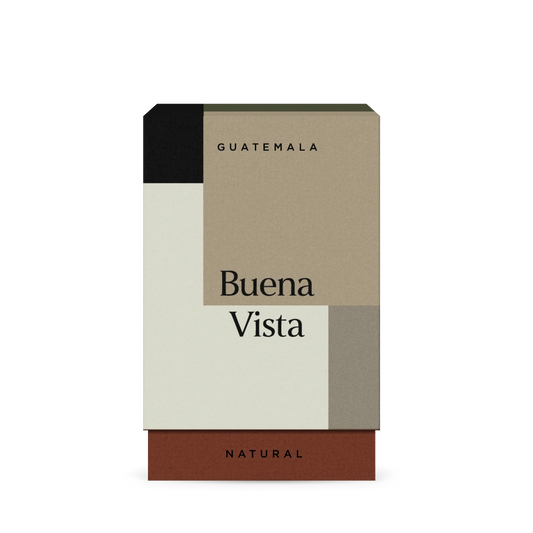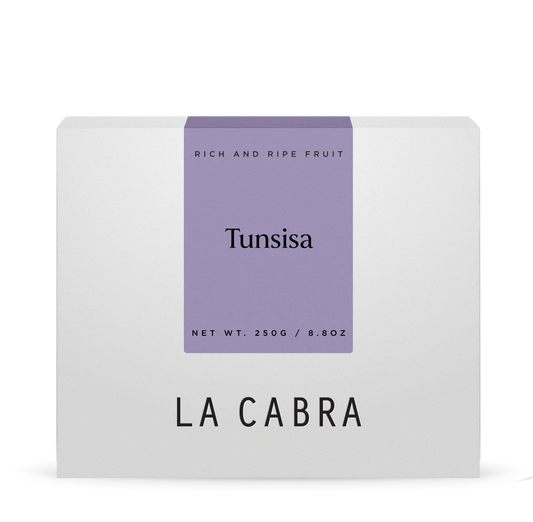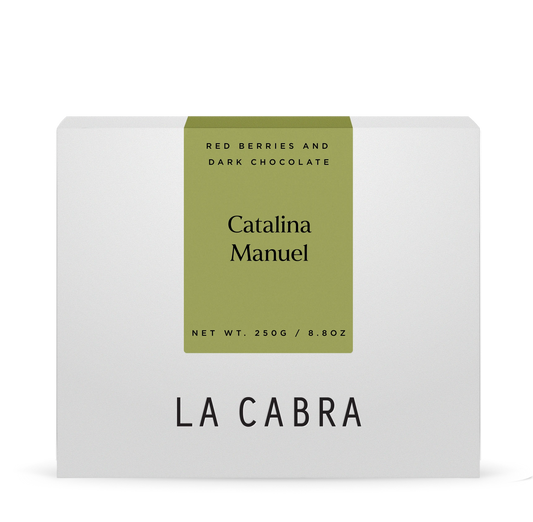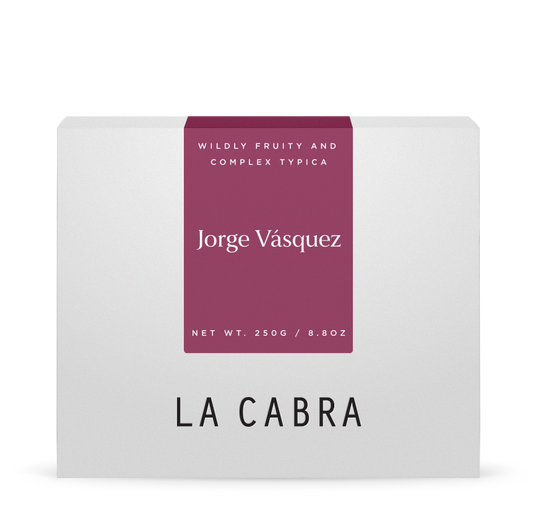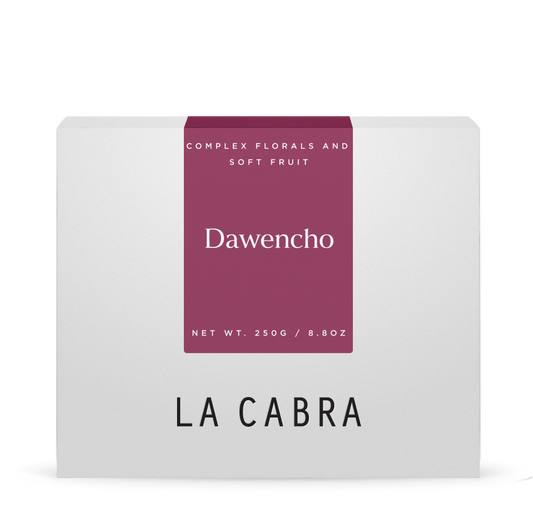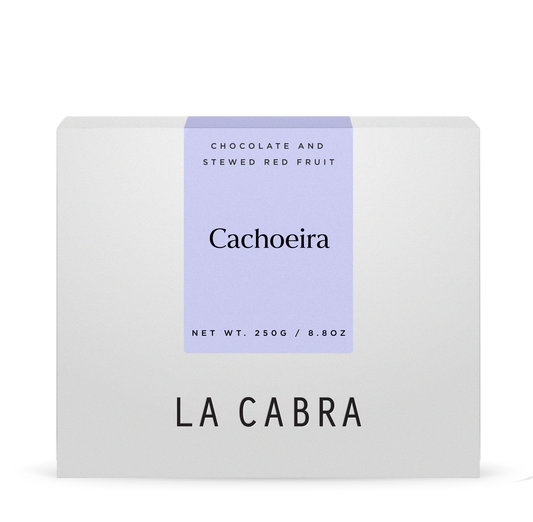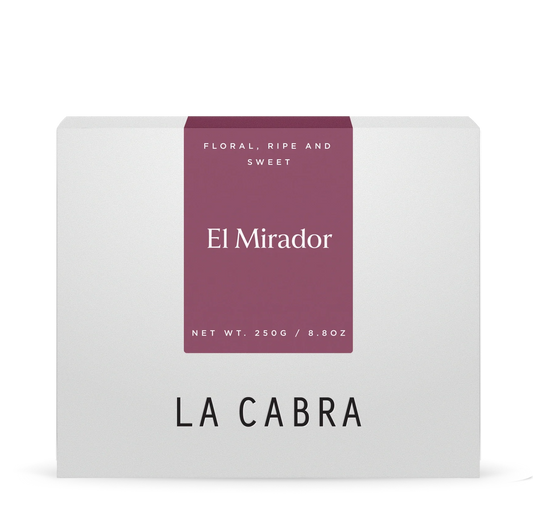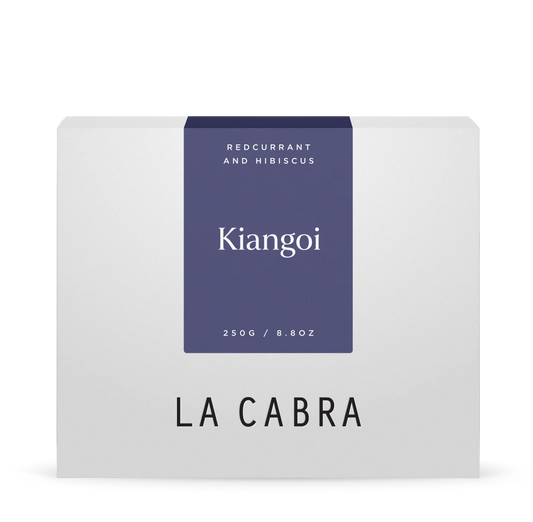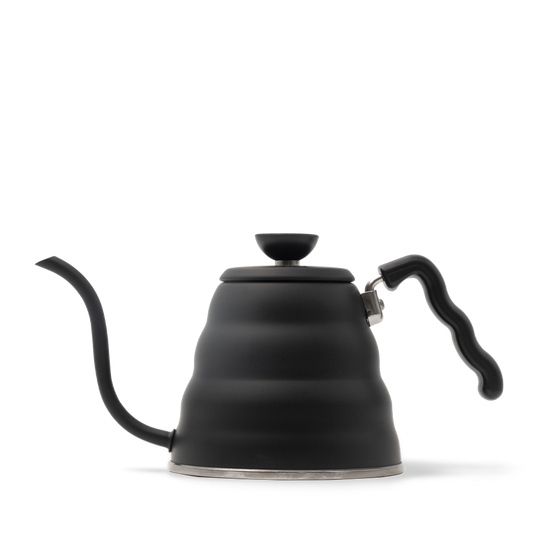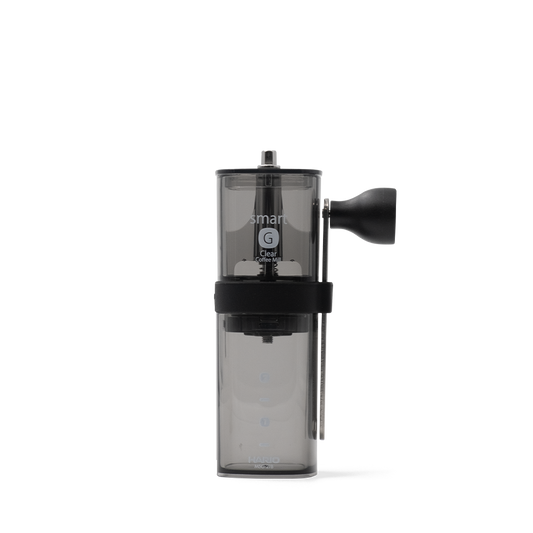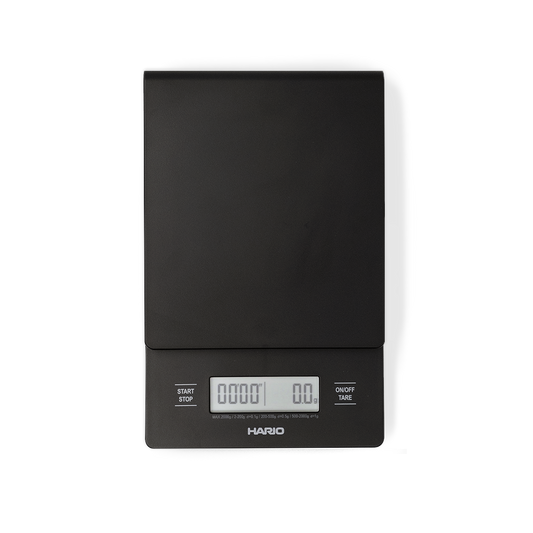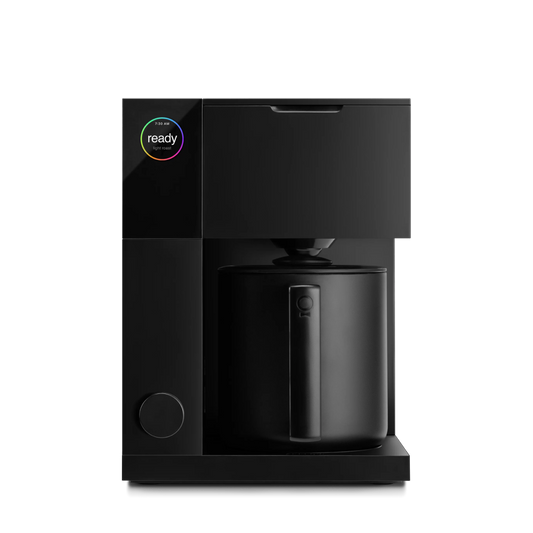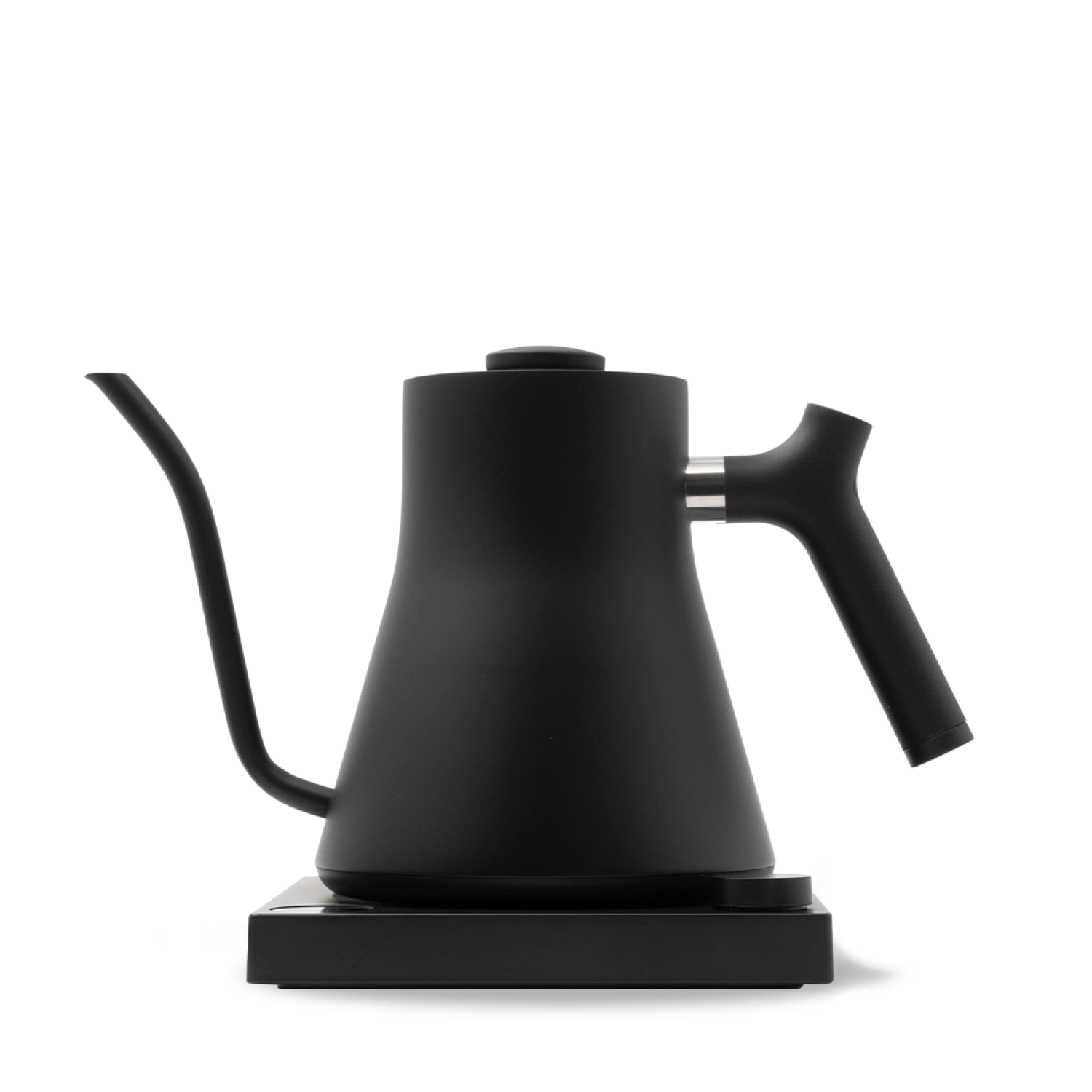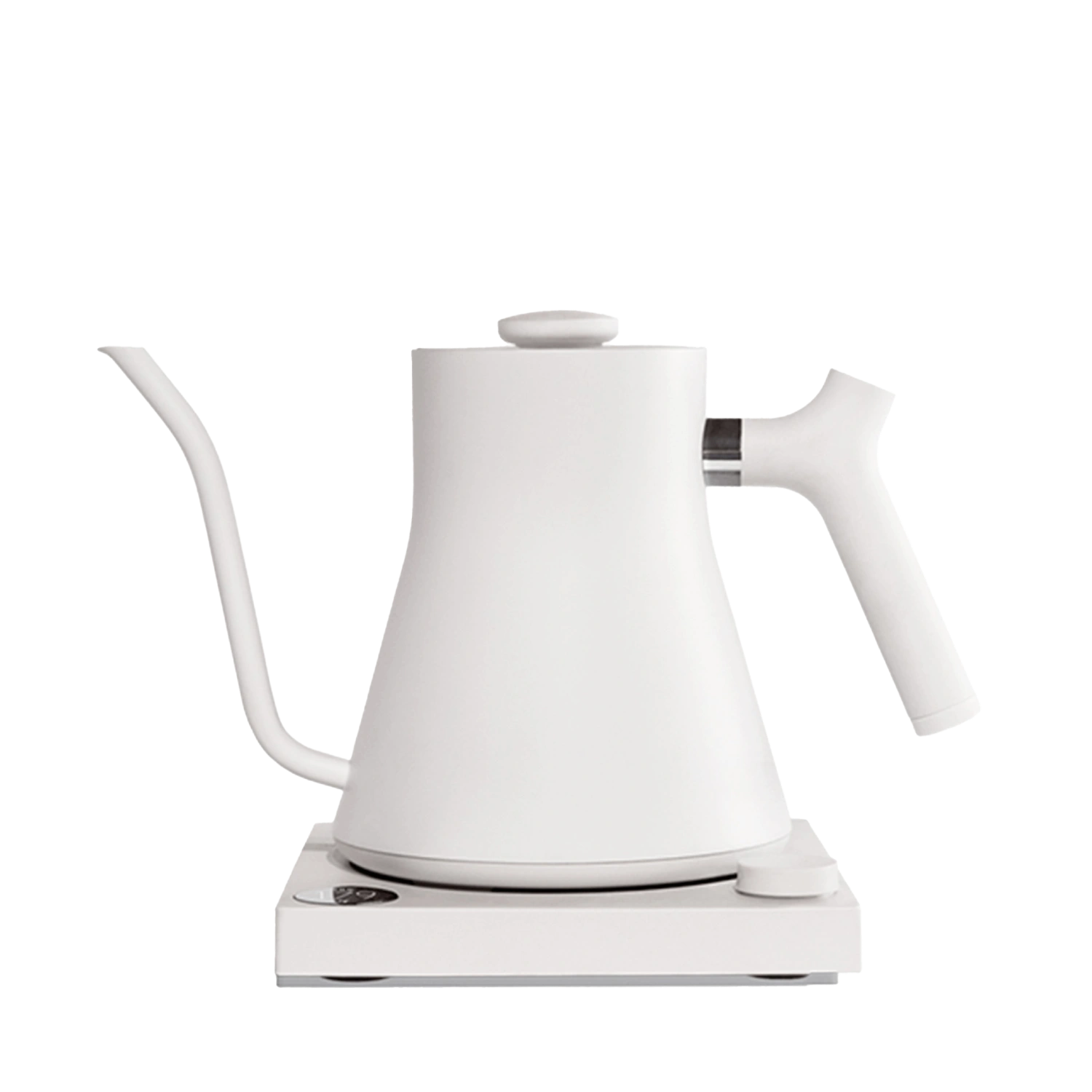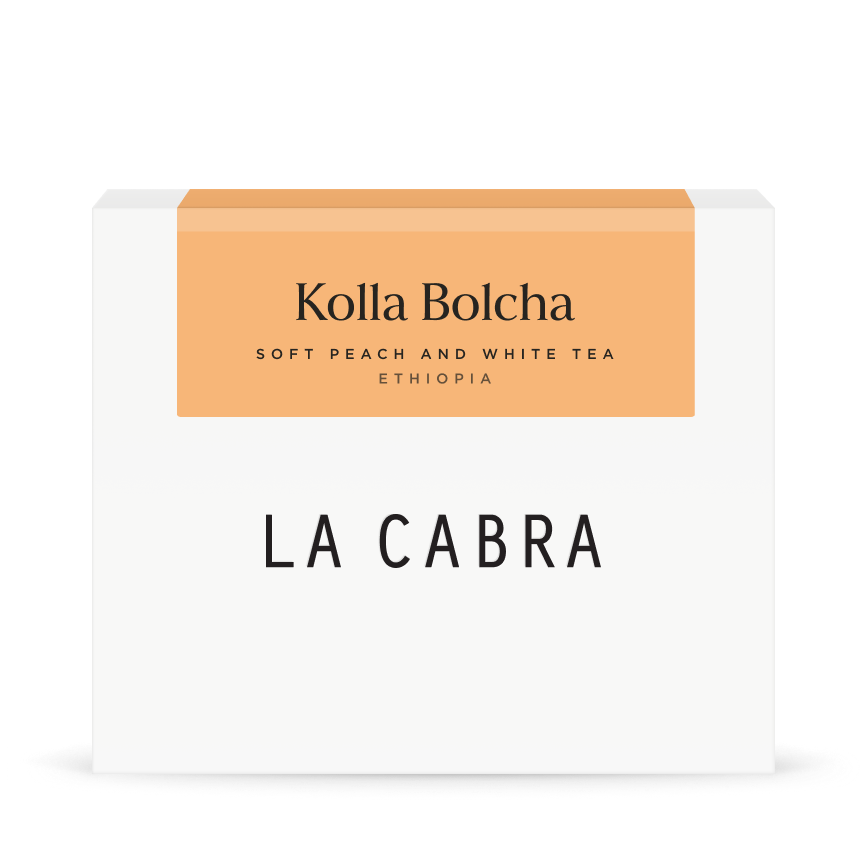
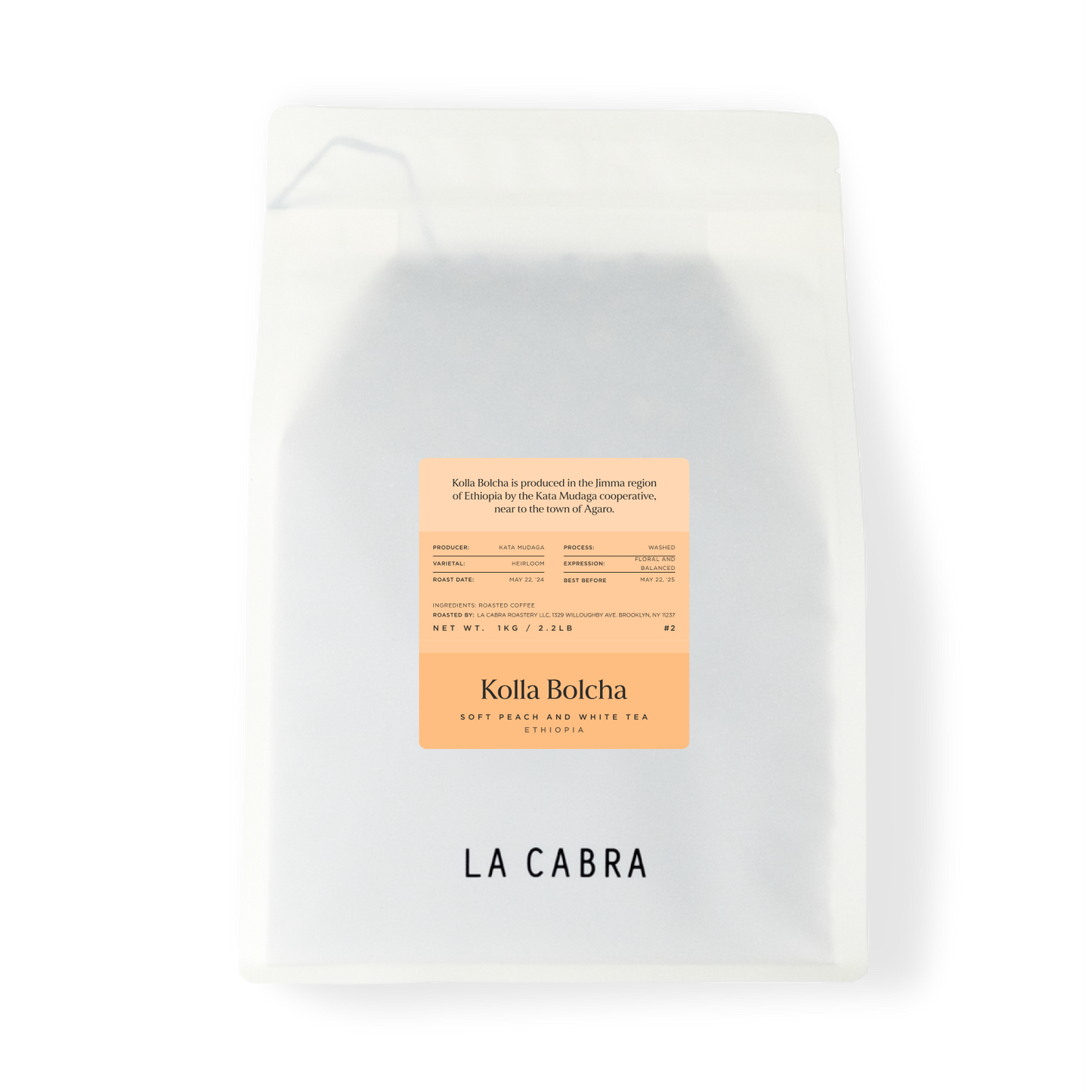
Kolla Bolcha
Kolla Bolcha is produced in the Jimma region of Ethiopia, further west than many of the coffees we buy from Ethiopia’s southern spine of coffee towns, such as Yirgacheffe, Gedeb or Kochere.
Here in Jimma, the varietal selection and terroir are rather different than in the South, leading to a softer and more stone fruit-driven profile, when compared to the bright white florals and citrus we find in Yirgacheffe, for example. The Kolla Bolcha station is owned and run by the Kata Mudaga cooperative, based in Agaro, just a short drive from Jimma town. This region, and Kata Mudaga specifically, was an organisation built on investment from USAID’s Technoserve programme in Ethiopia, providing agronomic assistance, processing advice and equipment, and guidance on value chain development. This has led to excellent quality coffees from a previously unknown and undifferentiated area.
-v1725378049072.jpg?4118x5147)
Kata Mudaga also run the well-known Nano Challa, Duromina and Biftu Gudina stations, all surrounding Agaro. Due to the success of the Technoserve programme, coffees from around Agaro bloomed in popularity in the speciality sphere; prices rose, and the resulting premiums paid to farmers meant that membership of these stations swelled to capacity. Even with careful management, the sheer volume of incoming cherry at the most well-known stations led to a slight drop-off in quality over several seasons, which seems to be turning around now. This has never been the case at Kolla Bolcha however, and this lot is delivering on the delicate profile we have come to expect here, with soft and ripe peach notes lifted by a delicate and aromatic white tea character.
-v1725378051836.jpg?4836x6046)
Ethiopia
In Ethiopia, coffee still grows semi-wild, and in some cases completely wild. Apart from some regions of neighbouring South Sudan, Ethiopia is the only country in which coffee is found growing in this way, due to its status as the genetic birthplace of arabica coffee. This means in many regions, small producers still harvest cherries from wild coffee trees growing in high altitude humid forests, especially around Ethiopia’s famous Great Rift Valley.
-v1725378054327.jpg?4424x2950)
Forest coffee makes up a great deal of Ethiopia’s yearly output, so this is a hugely important method of production, and part of what makes Ethiopian coffee so unique. Deforestation is threatening many of coffee’s iconic homes in Ethiopia, leading to dwindling yields and loss of biodiversity; significant price fluctuations over the past decade have led many farmers to replace coffee with fast growing eucalyptus, an incredibly demanding crop in terms of both water and nutrient usage.
Throughout these endemic systems, a much higher level of biodiversity is maintained than in modern coffee production in much of the rest of the world. This is partly due to the forest system, and partly down to the genetic diversity of the coffee plants themselves. There are thousands of ‘heirloom’ varieties growing in Ethiopia; all descended from wild cross pollination between species derived from the original Arabica trees. This biodiversity leads to hardier coffee plants, which don’t need to be artificially fertilised. This means that 95% of coffee production in Ethiopia is organic, although most small farmers and mills can’t afford to pay for certification, so can’t label their coffee as such.
The absence of monoculture in the Ethiopian coffee lands also means plants are much less susceptible to the decimating effects of diseases such as leaf rust that have ripped through other producing countries. Maintaining these systems is important, both within the context of the coffee industry, and for wider biodiversity and sustainability. Our primary partners in Ethiopia, Moplaco, have made it their mission to inform of this destruction, and to continue supporting the communities they work with in order to make coffee a profitable and attractive business for smallholder farmers.
-v1725378056614.jpg?2945x4416)




